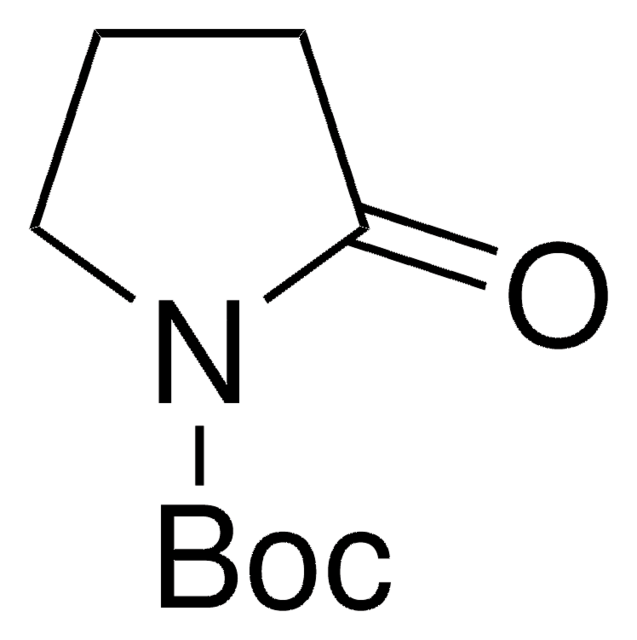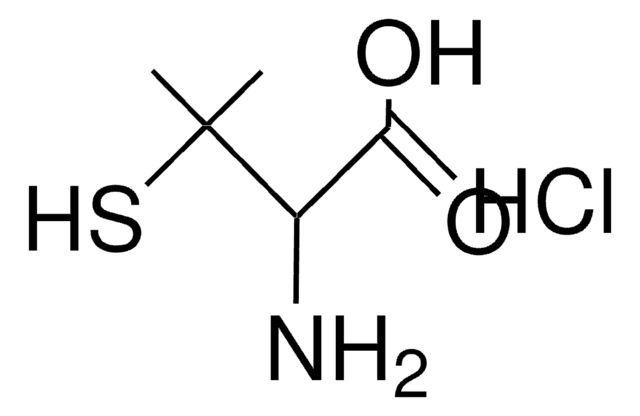P101
2-Phenylaminoadenosine
>97%, solid
Synonym(s):
CV-1808
About This Item
Recommended Products
Assay
>97%
form
solid
color
white
solubility
45% (w/v) aq 2-hydroxypropyl-β-cyclodextrin: 3.6 mg/mL
H2O: insoluble
absolute ethanol: slightly soluble
ethanol: water (1:1): soluble
methanol: soluble (hot)
storage temp.
−20°C
SMILES string
Nc1nc(Nc2ccccc2)nc3n(cnc13)[C@@H]4O[C@H](CO)[C@@H](O)[C@H]4O
InChI
1S/C16H18N6O4/c17-13-10-14(21-16(20-13)19-8-4-2-1-3-5-8)22(7-18-10)15-12(25)11(24)9(6-23)26-15/h1-5,7,9,11-12,15,23-25H,6H2,(H3,17,19,20,21)/t9-,11-,12-,15-/m1/s1
InChI key
SCNILGOVBBRMBK-SDBHATRESA-N
Gene Information
human ... ADORA2A(135) , ADORA2B(136)
rat ... Adora1(29290) , Adora2a(25369)
Biochem/physiol Actions
Reconstitution
Storage Class Code
11 - Combustible Solids
WGK
WGK 3
Flash Point(F)
Not applicable
Flash Point(C)
Not applicable
Personal Protective Equipment
Certificates of Analysis (COA)
Search for Certificates of Analysis (COA) by entering the products Lot/Batch Number. Lot and Batch Numbers can be found on a product’s label following the words ‘Lot’ or ‘Batch’.
Already Own This Product?
Find documentation for the products that you have recently purchased in the Document Library.
Our team of scientists has experience in all areas of research including Life Science, Material Science, Chemical Synthesis, Chromatography, Analytical and many others.
Contact Technical Service








